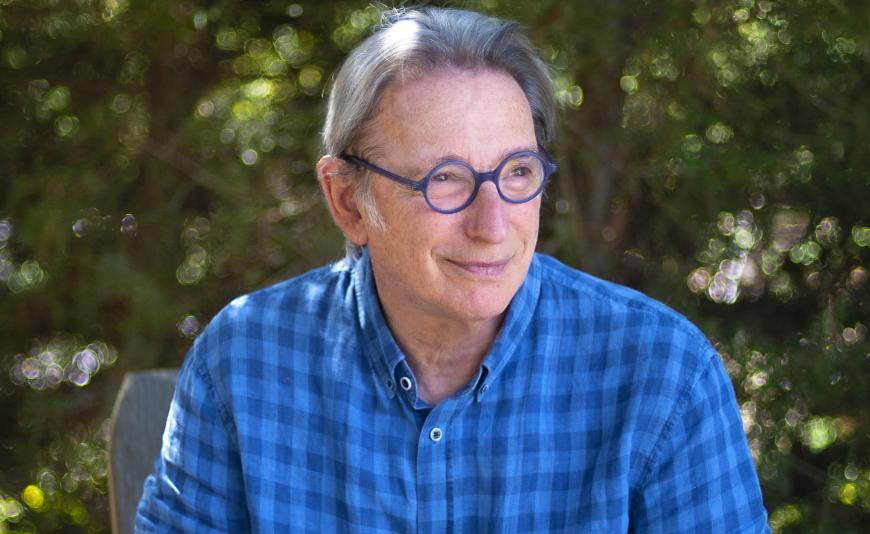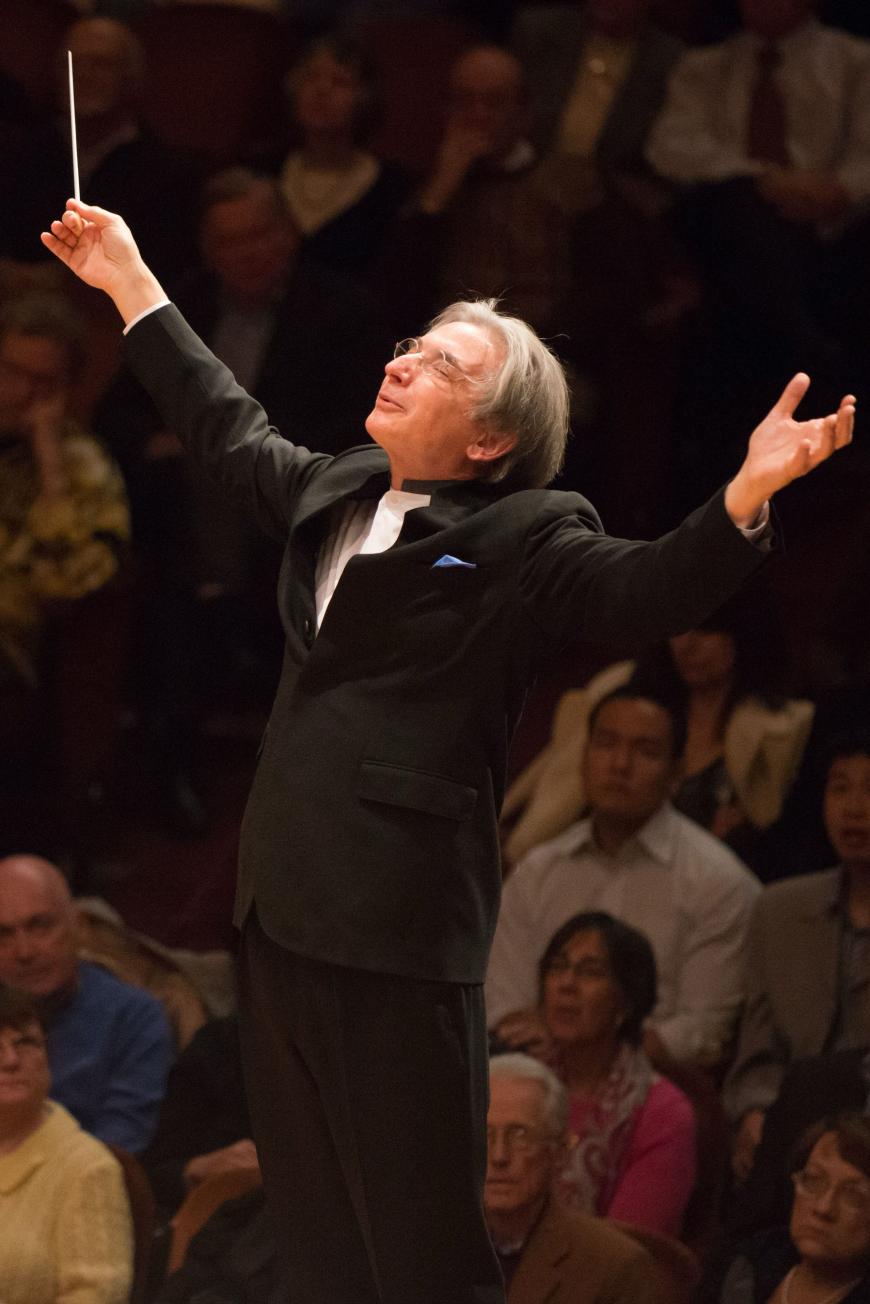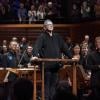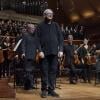
The MTT miracle continues.
While fighting glioblastoma — an aggressive form of brain cancer with which he was diagnosed in 2021 — Michael Tilson Thomas is still making music on a high level, albeit on a reduced schedule. Various studies have estimated that the average survival time after diagnosis is anywhere from 10 to 18 months, but Tilson Thomas has already exceeded that considerably. It seems that the very act of making music is one of the crucial therapies that keeps him going.
MTT turned up at Walt Disney Concert Hall for his annual gig with the Los Angeles Philharmonic over Easter weekend and pulled off an all-Russian program that must have carried extra nostalgic meaning for the 79-year-old Los Angeles native. When he was still a whiz-kid teenager, MTT knew and worked with the octogenarian Igor Stravinsky. The music of Pyotr Ilyich Tchaikovsky figured in some of the firsts in Tilson Thomas’s career: one of the conductor’s earliest recordings was of the Symphony No. 1 (“Winter Dreams”) with the Boston Symphony, and his first Keeping Score episode many years later featured the Symphony No. 4.

Stravinsky’s Petrushka, in the revised 1947 edition, and Tchaikovsky’s Fourth were on the menu at Disney Hall on Friday morning, March 29. Unlike MTT’s two most recent programs in San Francisco, nothing was cut from the announced lineup in Los Angeles for the sake of conserving his energies. Scheduled concerts with the San Diego Symphony the previous weekend didn’t happen, but they were not canceled; rather, they were postponed until sometime next season because the renovation of Copley Symphony Hall still has not been completed.
MTT walked slowly yet unassisted to and from the Disney Hall podium, and he didn’t have to grip the railing for support during the concert — which happened a few times during a San Francisco concert in January. Though he turned the pages of the score for Petrushka, his score for the Tchaikovsky remained closed throughout as he conducted from memory, his gestures now more animated and guiding than before.
The pacing for Petrushka was on the slow side, but then MTT’s sole recording of the piece, with the Philharmonia Orchestra some four decades ago, was also slow, though in differing places within the ballet’s four tableaux. What we got with this approach was a weighted, searching, and even at times sly rendition of the score. The bumps from the bassoons in the first tableau were so humorously timed that they got a bigger laugh from the audience than I’ve ever heard in live performances of this piece. Sometimes, the episodes seemed to creep along, barely holding onto the musical line. The driving momentum of the “Danse russe” and the dances in the fourth tableau lacked some zip, yet the strings were really digging in hard to produce some bounce in a weighty, satisfying way. Afterward, many in the orchestra were waving papers (their parts?) in the air as MTT took in the ovation.
In the perhaps overfamiliar strains of Tchaikovsky’s Fourth, MTT again took his time, using the serene stroll through the softer passages of the first and second movements to produce gorgeously shaped lines from the cello section and various solo instruments. The pizzicato Scherzo proceeded methodically and with some wit, and the Finale had a combination of vigor and grandeur before bursting forth with a galloping coda.
MTT conducted masterfully and assuredly and with only a fraction of his former gestures, working with the brighter sound of the LA Phil in this hall (as opposed to the darker colors he usually got from the San Francisco Symphony).
What lies ahead for MTT? There is a pair of concerts with the New World Symphony in Miami Beach, May 4–5. The San Francisco Symphony’s 2024–2025 season announcement does not indicate any guest performances there, but the LA Phil does have an MTT-led 80th birthday concert set for Feb. 1, 2025. He is scheduled to open the New York Philharmonic’s 2024–2025 season in September with Gustav Mahler’s Fifth Symphony. And there is (we hope) that delayed San Diego date, the conductor’s first with that orchestra, which was to have a most intriguing program — MTT’s own Street Song and selections from Meditations on Rilke, flanked by Jean Sibelius’s Symphonies Nos. 6 and 7. Onward!




